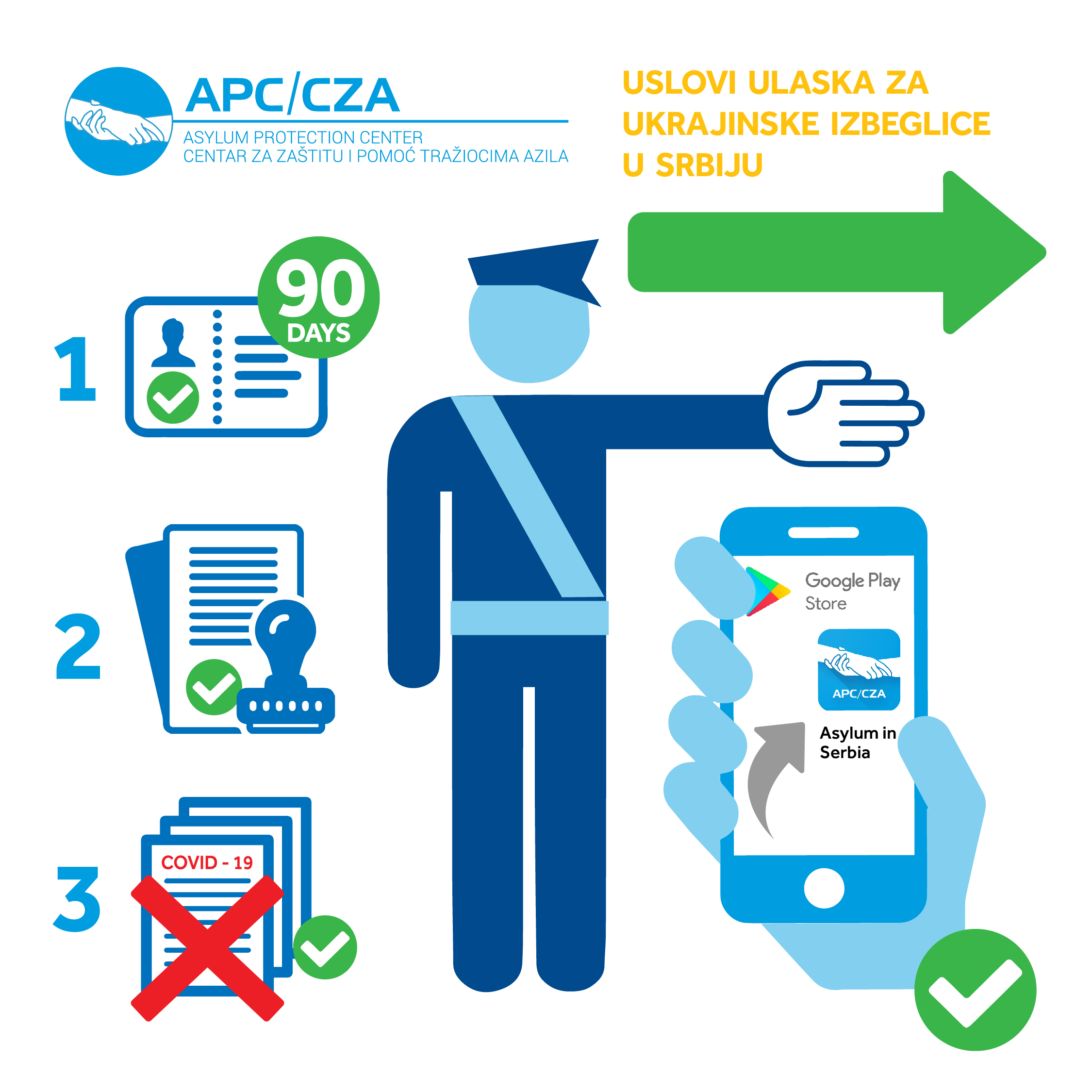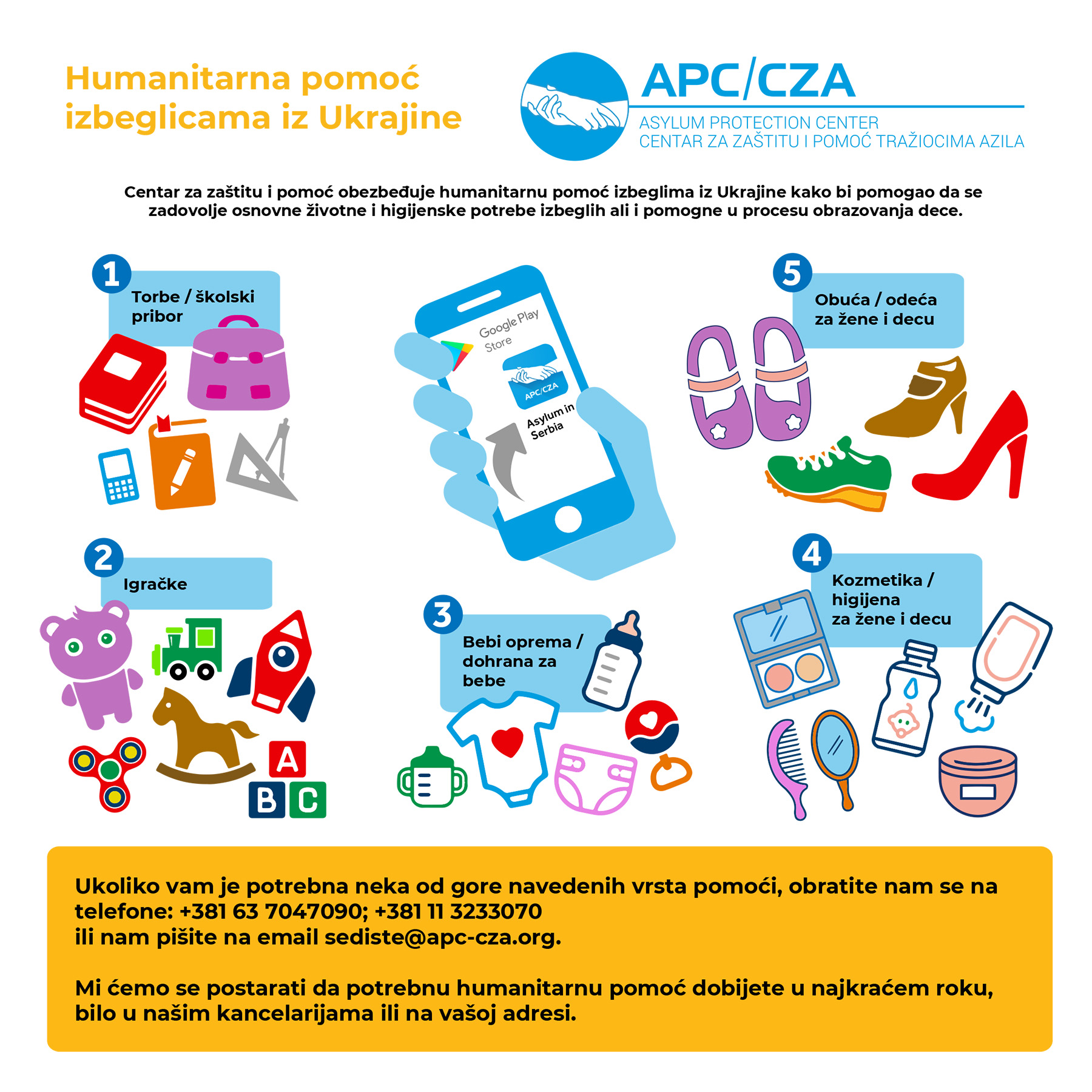Belgrade, June 07, 2019 – After the recent double homicide of unaccompanied minors in Belgrade, we are demanding that Serbian authorities establish a special center for unaccompanied minor migrants. Occurring within 48 hours of each other, these deaths are inexcusable. Both children were known to the Comissariat for Refugees, local social service centers, and the camp officials in Obrenovac and Krnjaca where they were placed. The poor conditions and violence that these unaccompanied children are exposed to will only result in more bloodshed if nothing changes.
In this center for which we are advocating, unaccompanied minors would receive safe accommodations, adequate food, permanent professional care from social services, translators and cultural mediators, and they would have all of the necessary resources needed for their unhindered psychosocial development and learning.
At this moment, there is no such specialized institution in Serbia. Moreover, there are only a few unaccompanied minors in all of Serbia that are being adequately accommodated in the nation’s pre-existing institutions. However, this care is not specialized for refugee children, as the camp in Nis, for example, also accommodates at-risk Serbian youth as well.
At the same time, we call on the state authorities to do everything they can in order to regulate the legal status of unaccompanied minors while they are in Serbia. Out of 227 unaccompanied minors who managed to express their intention to seek asylum in Serbia in the first four months of 2019, only 19 successfully entered the asylum procedure. Since the establishment of Serbia’s asylum system in 2008, only two unaccompanied minors were granted asylum; the rest remain in a legal vacuum.
The largest number of unaccompanied minors is accommodated in collective migrant and asylum centers for adults, where minors do not have the adequate conditions for ensuring their safety. At these centers in which, children are in contact with adults, the minors are completely unprotected from the adults’ influence. In addition, they are often left without continuous supervision and care of social workers, and are exposed to the risks of making contact with smugglers, criminals and those who can abuse their vulnerable position. In these centers, children do not have basic conditions for unhindered psychosocial development or necessary conditions for education, nor do they have the proper conditions for socializing with local children and integrating themselves in their local communities.
 AzilSrbija AzilSrbija
AzilSrbija AzilSrbija




